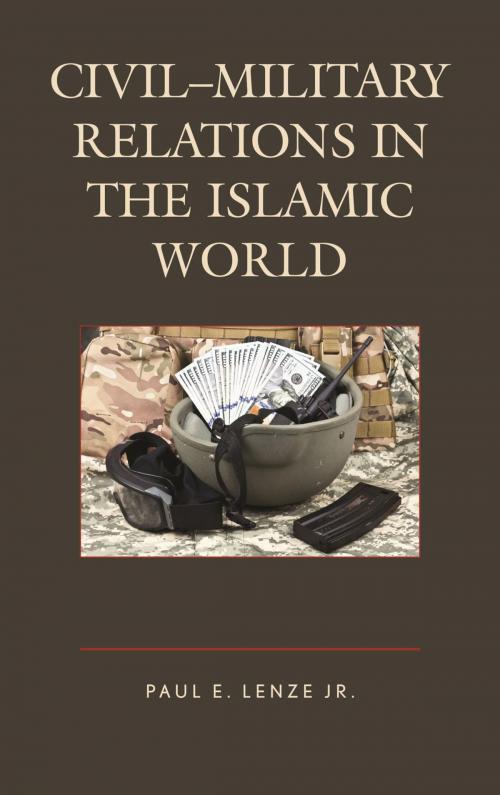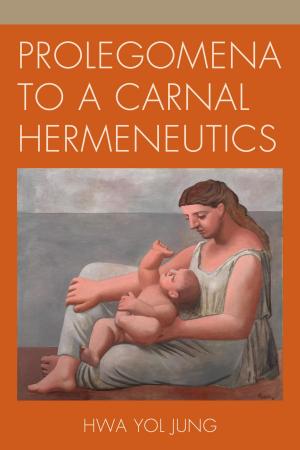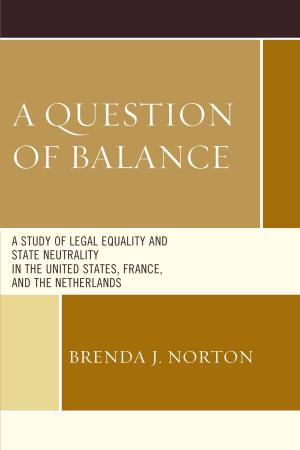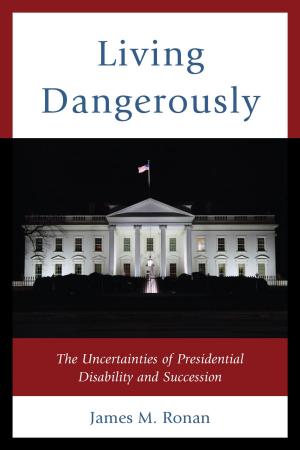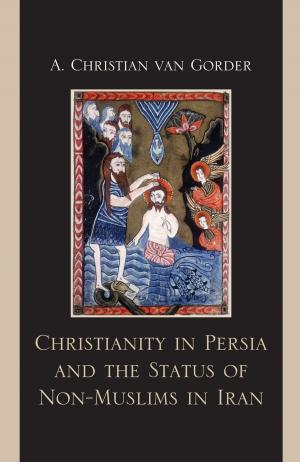Civil–Military Relations in the Islamic World
Nonfiction, Social & Cultural Studies, Political Science, International, International Security| Author: | Paul E. Lenze Jr. | ISBN: | 9781498518741 |
| Publisher: | Lexington Books | Publication: | September 30, 2016 |
| Imprint: | Lexington Books | Language: | English |
| Author: | Paul E. Lenze Jr. |
| ISBN: | 9781498518741 |
| Publisher: | Lexington Books |
| Publication: | September 30, 2016 |
| Imprint: | Lexington Books |
| Language: | English |
Since the Arab Spring, militaries have received renewed attention regarding their intervention into politics of Middle Eastern and South Asian states. This book examines the factors which influence military intervention and withdrawal from politics—namely, United States and Soviet/Russian economic and military aid—and how this affects democratic transitions and consolidation. The militaries of Algeria, Egypt, Pakistan, and Turkey, have used nationalism to justify their interventions into politics while ensuring that withdrawal would only occur if national identity were protected. This book examines important states in the Islamic World which have experienced similar historical trajectories, briefly experimented with democracy, and had the military become a dominant institution in the state. All four countries differ in their levels of ethnic conflict, importance placed on the country by the international community, and internal security concerns. The common result of international influence on political development, however, is that the military will take a keener interest in politics and be more reluctant to disengage.
Since the Arab Spring, militaries have received renewed attention regarding their intervention into politics of Middle Eastern and South Asian states. This book examines the factors which influence military intervention and withdrawal from politics—namely, United States and Soviet/Russian economic and military aid—and how this affects democratic transitions and consolidation. The militaries of Algeria, Egypt, Pakistan, and Turkey, have used nationalism to justify their interventions into politics while ensuring that withdrawal would only occur if national identity were protected. This book examines important states in the Islamic World which have experienced similar historical trajectories, briefly experimented with democracy, and had the military become a dominant institution in the state. All four countries differ in their levels of ethnic conflict, importance placed on the country by the international community, and internal security concerns. The common result of international influence on political development, however, is that the military will take a keener interest in politics and be more reluctant to disengage.
